
Teresa Sforza
reporter

reporter
Teri Sforza is one of the lead reporters on the Orange County Register/SCNG probe of fraud, abuse and death in the Southern California addiction treatment industry. Our "Rehab Riviera" coverage won first place for investigative reporting from the California Newspaper Publishers Association, first place for projects reporting from Best of the West and was a finalist for the National Institute for Health Care Management Foundation's print award. She birthed the Watchdog column for The Orange County Register in 2008, aiming to keep a critical (but good-humored) eye on governments and nonprofits, large and small. It won first place for public service reporting from the California Newspaper Publishers Association in 2010. She also contributed to the OCR's Pulitzer Prize-winning investigation of fertility fraud at UC Irvine, covered what was then the largest municipal bankruptcy in America‘s history, and is the author of "The Strangest Song," the first book to tell the story of a genetic condition called Williams syndrome and the extraordinary musicality of many of the people who have it. She earned her M.F.A. from UCLA's School of Theater, Film and Television, and enjoys making documentaries, including the OCR's first: "The Boy Monk," a story that was also told as a series in print. She is honored and delighted to be working with the fine folks at USC Annenberg Center for Health Journalism.
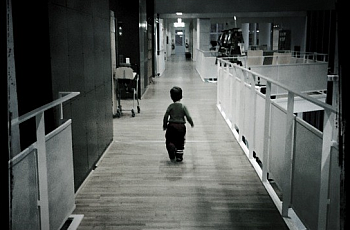
When horrific cases of child abuse make headlines, social workers are often painted as neglecting their duty. But is a system that protects parental rights and keeping families intact really to blame?
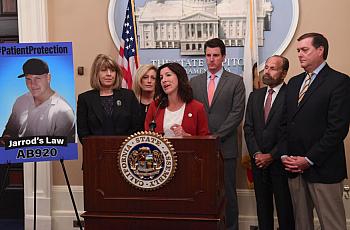
This series was produced with the support of the USC Annenberg Center for Health Journalism Impact Fund....
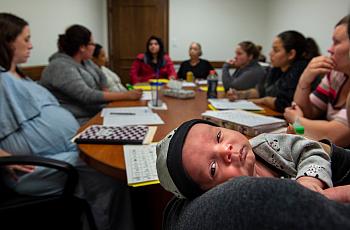
What happens to the growing number of drug-exposed babies? Answers "proved maddeningly difficult to tease out — much harder than we expected," writes reporter Teri Sforza.
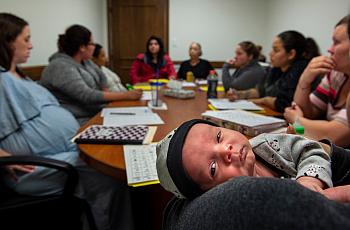
Parents can feel hopeless when they enter the child welfare system. And things get complicated when California steps in to play parent.
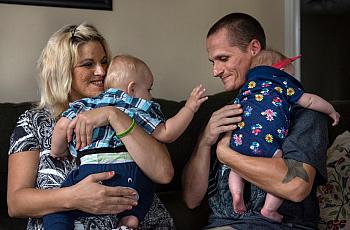
Becoming a new mom is stressful for the best-prepared women; struggling with addiction on top of that can lead to danger for them both.

When the "crack baby epidemic" of the 1980s and '90s was raging, many experts offered stark, long-term forecasts. While those were overblown, there still is cause for concern.
This series was produced with the support of the USC Annenberg Center for Health Journalism Impact Fund.
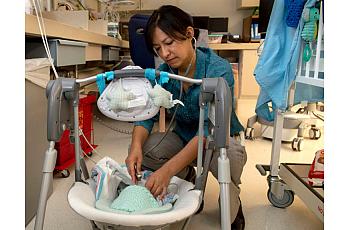
Over the decade from 2008 to 2017, as the opioid epidemic took hold, the number of drug-exposed infants born per year nearly tripled in California
![[Photo: Win McNamee/Getty Images]](/sites/default/files/styles/teaser_list_thumbnail/public/title_images/unnamed_202.jpg?itok=soYbjnQ2)
Parental drug use is now responsible for one-third of the children in foster care. A reporting team will explore what happens to babies and parents caught in addiction's grip.
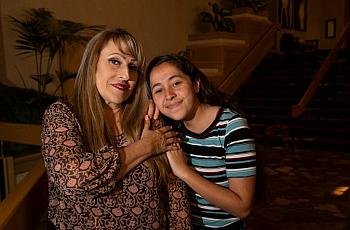
Parents can get well. Babies can thrive. Lives can go on.